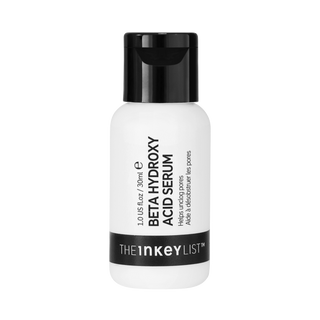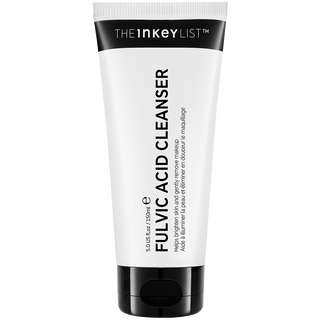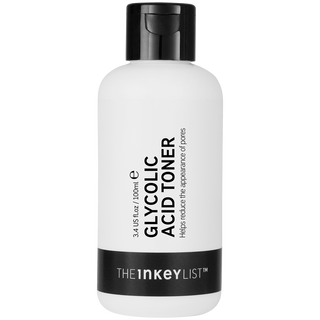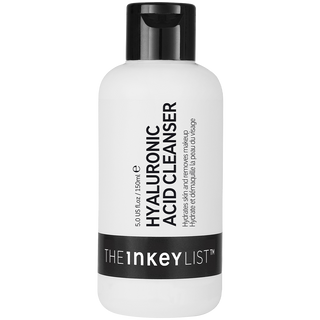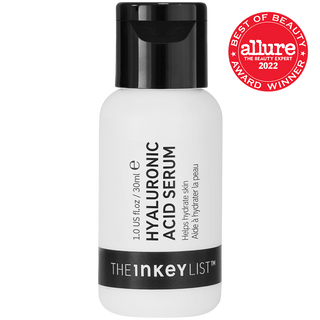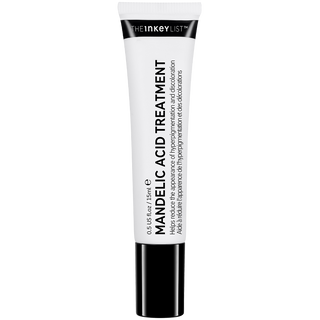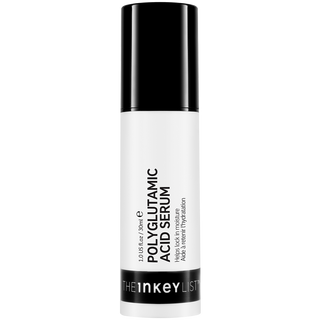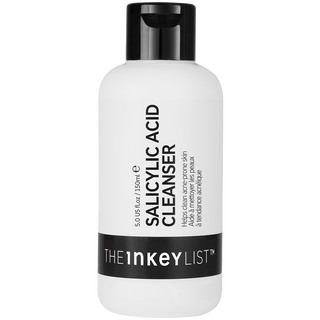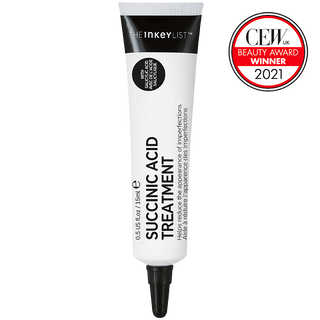A guide to using acids in your skincare routine
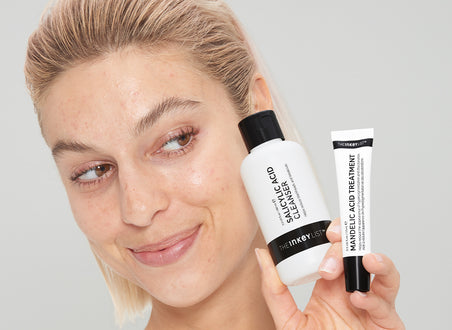
What is an acid & why are they used in skincare products?
When we talk about acids in skincare, we are referring to topical ingredients found within different formulas. While some acids are generally more ‘well known,’ there are actually a vast range of them that can be used within skincare, all providing different benefits and used for varying reasons.
Acids are used in skincare because of their many brilliant benefits. While some exfoliate, others brighten, hydrate, and re-surface. In short, they are extremely versatile, effective heroes in the world of skincare.
What are the differences between them?
The wide range of acids available within skincare all come with a range of benefits that differentiate them from each other.
When you think of the word ‘acid,’ you may immediately refer to exfoliating acids, such as Glycolic Acid and Lactic Acid. But consider other forms of acid, such as Hyaluronic Acid and Polyglutamic Acid; both of which are hero hydrators.
For this reason, certain acids are suitable to use for all, whereas others are best used only better suited to specific skin types.
One of the main factors that sets many acids apart is their molecule size; while deeply exfoliating acids such as glycolic have very small molecules and can penetrate the most deeply, others like lactic and mandelic are larger and work more at the surface and thus more gently.
Which acid is suitable for you?
The world of acids can be a confusing; this brief handy guide should help you decide which is best for you.
Hydrating acids
Hyaluronic Acid Serum: The ultimate hydrator, hyaluronic acid can hold up to 1000x its own weight in water, meaning it quenches the skin and acts as a great base for other ingredients. This is suitable for all skin types and needs.
Polyglutamic Acid Serum: Another excellent hydrator, this acid locks in moisture to promote a healthy skin barrier. It works especially well when layered atop hyaluronic acid. While Polyglutamic acid will benefit dry and dehydrated skin the most, it can be used by all.
Exfoliating acids
Salicylic Acid Cleanser: Salicylic acid – otherwise known as Beta Hydroxy Acid – penetrates deep into the skin to fight blackheads, blemishes, and enlarged or clogged pores. This is brilliant for acne-prone skin or anyone experiencing excess oil.
Glycolic Acid Toner: Boasting the smallest molecule size, exfoliating glycolic acid (an alpha hydroxy acid) can penetrate the deepest into skin, and targets enlarged pores, blackheads, excess oil, and fine lines. This can be used by those with most skin types (normal and dry), but will most benefit oily/combination types.
Brightening acids
Tranexamic Acid Serum: Powerful amino acid Tranexamic is a hero product for hyperpigmentation and acne scarring or uneven skin tone thanks to its brightening properties. It can be used by anyone, but as mentioned will most benefit those with any of the aforementioned concerns.
Fulvic Acid Cleanser: A potent antioxidant that has brilliant anti-inflammatory benefits, fulvic acid targets dullness, hyperpigmentation, and uneven skin tone. It is suitable for all skin types.
Mandelic Acid Treatment: Mandelic acid is a powerful ingredient for managing dark spots and acne scarring, as well as hyperpigmentation. It is suitable for all skin types, including those who are sensitive.
Blemish-fighting acids
Succinic Acid Treatment: Succinic acid is the gold standard for blemish fighting; not only does it shrink spots fast, it also unblocks pores and reduces oil production. This can be used by everybody.
When to avoid using acids in your skincare routine
While many acids are suitable for a range of skin types, there are some that should be avoided at certain times.
For example, if you have ultra-sensitive skin, you may want to avoid AHAs and BHAs, or stick to those with slightly larger molecule sizes for a gentle exfoliation. You could alternatively introduce them into your routine very slowly. and use them less frequently.
Those who are pregnant will also want to avoid exfoliating acids such as salicylic and glycolic, but can still use hydrating heroes like hyaluronic acid. It is always recommended to check in with your healthcare provider first, though.
If you want to find out more about using acids in your skincare routine or helping building your skincare recipe, talk to us at askINKEY.


